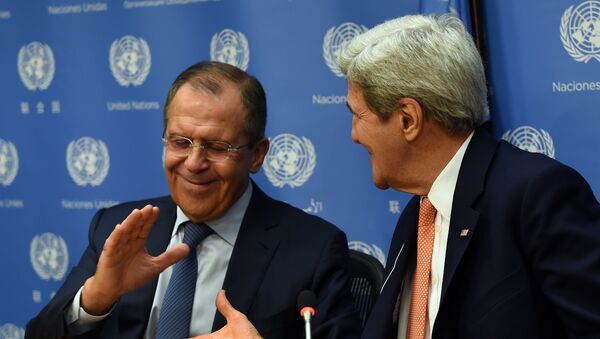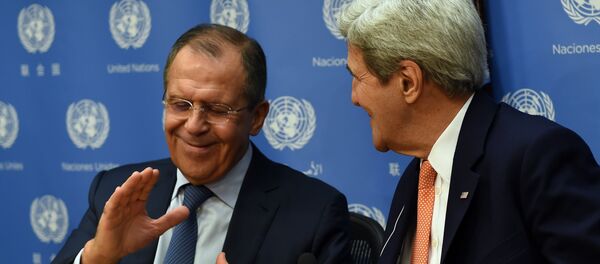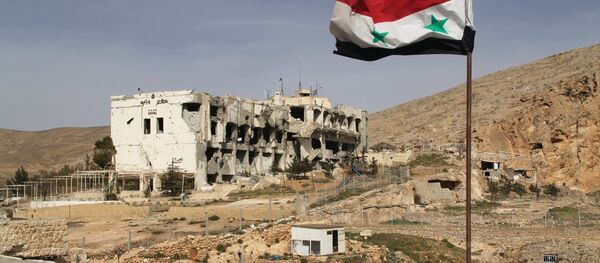Amid other global problems, Washington, Moscow and Brussels could start a constructive dialogue on the Middle East, political analyst Igor Istomin wrote in an article for the Russian newspaper Izvestia.
There are three factors making such cooperation possible, according to the author.
First, the threats coming from the Middle East are rather similar for the US, Russia and the European Union. Despite the fact that from time to time priorities can vary (from terrorism to piracy or migration) there is a basic problem – the lack of stability and weak institutions of power in the Middle East.
Second, the US, Russia and the EU have significant resources to stabilize the situation in the Middle East. Moreover, their capabilities complement each other. Washington leads in projecting military power. Moscow has a wide network of contacts with regional players. And the EU has huge financial resources.
Third, despite the fact that the Middle East is the center of global attention the region is not as important as many other regions. The US, Russia and the EU understand this.
Istomin suggested that any attempts to stabilize the Middle East by creating regional organizations (like OSCE, for example) would not be effective due to the level of hostility and activity of non-government actors in the region.
Instead, dialogue channels established by the US, Russia and the EU would help to partially resolve regional tensions, he said.
"The US, Russia and the EU would benefit if they coordinate their signals to Middle East countries. Because instability in the region poses threats to their security too," the author concluded.






